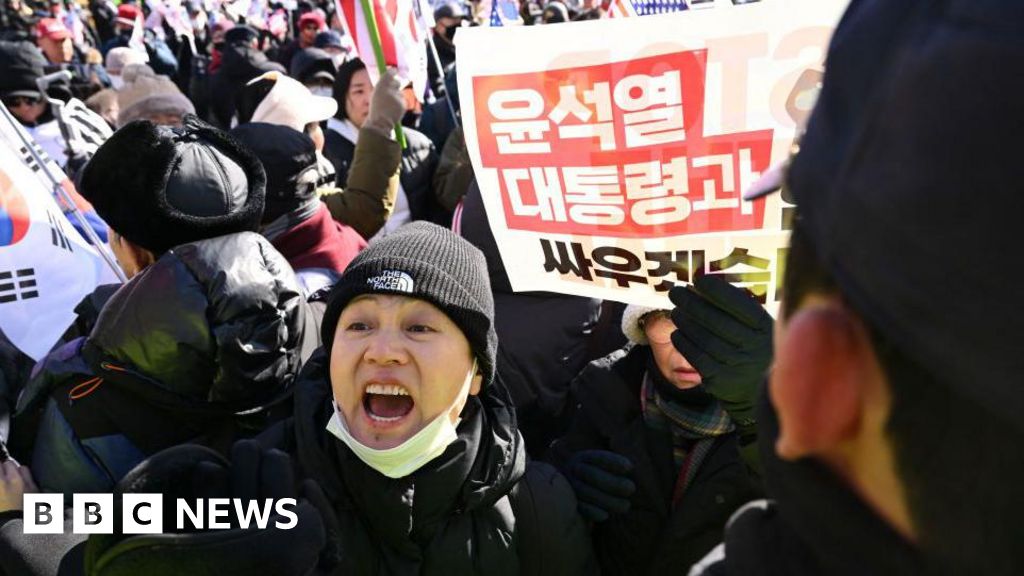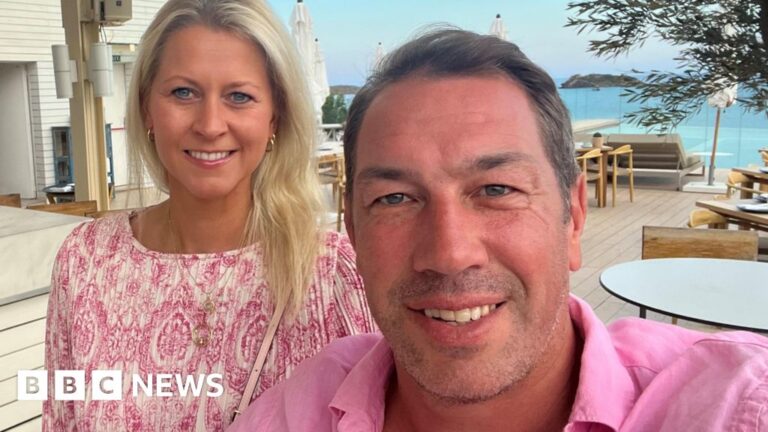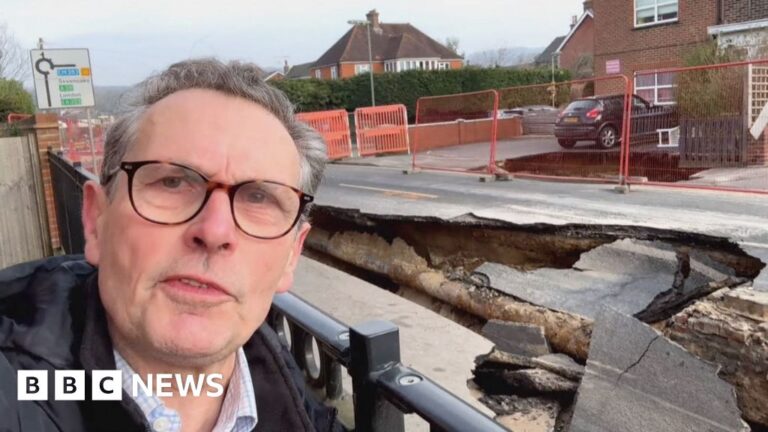Just before dawn on Wednesday, 3,000 police officers arrived at the heavily-fortified residence of South Korea’s suspended President Yoon Suk Yeol. Their mission: to arrest him. Investigators used ladders to scale over buses and bolt cutters to get through barbed wire as they broke through multiple blockades designed to stop them. Others hiked up nearby trails to reach the presidential residence. Hours later, they arrested him.
This was their second attempt. Their first, which took place earlier this month, had seen some 150 officers face a six-hour deadlock with the president’s security detail. They were helplessly outnumbered, first by the large number of pro-Yoon supporters who had gathered outside his residence to stop the police, and then by a human wall of security officers inside the property.
Eventually, investigators concluded that it was “practically impossible” to arrest him – and left. By many accounts, Yoon is now a disgraced leader – impeached and suspended from his presidential duties, while he awaits the decision of the Constitutional Court, which can remove him from office.
So why has it been so difficult to arrest him?
It has been an unprecedented few weeks for South Korea since Yoon’s shocking yet short-lived martial law order on 3 December. Lawmakers voted to impeach him, then came a criminal investigation and his refusal to appear for questioning, which was what sparked the arrest warrant.
One key roadblock for the arresting officers had been Yoon’s presidential security team, which on 3 January had formed a human wall and used vehicles to block the officers’ path. Analysts said they could have acted out of loyalty to Yoon, pointing to the fact that Yoon himself had appointed several leaders of the Presidential Security Service (PSS).
It is unclear why they reportedly put up less resistance this time, though Mr Lee believes the team may have been partly deterred by the “overwhelming show of force by the police”. At the end of the day I think they were simply unwilling to engage in the sort of large-scale violence against law enforcement officers that a full-throated defence of Yoon would have demanded.
The right-wing leader also has a strong support base. Some of Yoon’s supporters had earlier told the BBC that they were prepared to die to protect him and repeated unfounded allegations that Yoon himself has floated, including that the country had been infiltrated by pro-North Korea forces.
On 3 January, thousands of them, undeterred by freezing temperatures, had camped outside his home to stop the arrest team from moving in. They had cried with joy when they found out that the team had given up. It was a similar story on Wednesday, with a large crowd of pro-Yoon supporters showing up and some aggressively confronting the police to stop the arrest.
On hearing that Yoon had been arrested, some of them cried.
Source link




